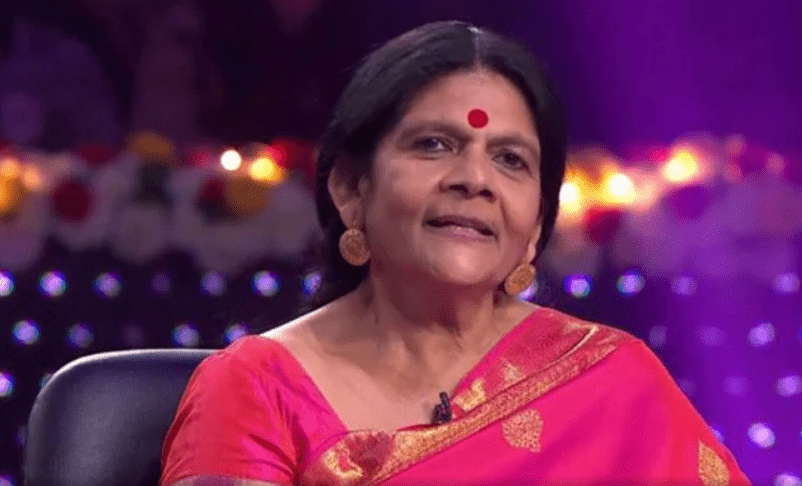The decision-making around capital is often denied to women. In a country where women usually do not inherit property, have a monthly income and money for her personal needs, entrepreneurship becomes a male dominated domain. If we can come one step closer to giving easy access of capital to women, it would be of great help to women entrepreneurs who want to do something of their own and provide their family with a better living standard.
Chetna Gala Sinha, a women activist and founder of The Mann Deshi Bank proved that challenges and stereotypes cannot barrier the dreams of aspiring women.

The political inspiration and social work
Chetna grew up in the chaotic bustle of Mumbai, where forms of political activism and affairs surrounded her everyday life. She completed her BCom and then Masters in Economics from the Mumbai University. Growing up in a political environment, she found her interest in political philosophies of Jayaprakash Narayan.
She first discovered the lack of financial services in rural areas when she was advocating for basic human rights in marginal societies. She came across a woman, Kantabai Salunke, who told her that a bank denied her right to open a savings account because she saves less than Rs 5 each day. Kantabai was a welder who was saving up to put a sheet of tarpaulin on her tent to protect her children during monsoon.
Chetna fumbled with her thoughts, the story of many such women echoed within her. She then decided to step up and initiated the idea of opening a bank. She started working on a model, hoping she can make the difference. However, the first challenge came when the Reserve Bank of India rejected her application as some of the promotion members were not qualified enough.
In a society that judges and forms an instant opinion, Chetna’s heart was crushed by their explanation. This time she went again, with another freshly written proposal and women. She decided not to speak but let the others prove their worth.
Despite being illiterate, the women could make calculations and find interest rates. Chetna’s teachings to those women made them qualified more than any suited person with a degree. The awe-stuck officials granted her license within four months.
Climbing the ladders of stereotypes
Her interest in political activism drove her to various districts where she would interact with local NGOs. This is how she met her husband, a farmer-activist relocated in 1987, Vijay Sinha who proved to be a person of social service and activism.

After receiving the cooperative license from RBI, finally the first bank of India by and for rural women came into operation. In 1997, Chetna’s hard work paid off in the form of Mann Deshi Bank.
After two decades, the bank has a working capital of Rs 7,10,000 raised from over a thousand members and employs more than 3,10,000 women. People living in and around Mhaswad in Maharashtra are raising their livelihoods with better capital and investments. The bank has seven branches in Maharashtra and operates at a capital of Rs 150 crore.
“We design products that give women access and control on their finances,” Chetna explains. “If access to banking becomes easy, then the poor will gain the most. That should be the key motive behind technology and digitization.”
Building community of entrepreneurs
Chetna’s natural talent of communicating with people and bringing them together for a cause proved successful for the rising economy of several districts in Maharashtra. She also chairs a sister organization by the same name The Mann Deshi Foundation that works on the social aspects of finance and building a community of entrepreneurs.
In western Maharashtra, the organization has initiated many programmes such as radio stations, sports talent hunts, damp checks, and cattle camps. The micro-enterprise movement has led to an independent working corporation that lends hand to those who are in need.

Managing 100 plus projects each year and striving for the fulfilment of people, Chetna aspires to build a farmer marketing system through which the farmers can own greater bargaining power. She also will be setting up cold storages to help reduce waste.
Women play a critical role in fashioning the perception of societies. They are often marginalized in poverty-stricken, under-developed, and conflict-ridden regions. If we want to create an equalized society and empower women, we need education on board. We hope that more women like Chetna will step up and empower other women who have the potential and needs just the right energy to channel it.
If you are inspired by Chetna’s work, share this story. Tell us your views by writing in the comment box below. We read each one of them.
Looking For Startup Consultants ?
Call Pursho @ 0731-6725516
Telegram Group One Must Follow :
For Startups: https://t.me/daily_business_reads







